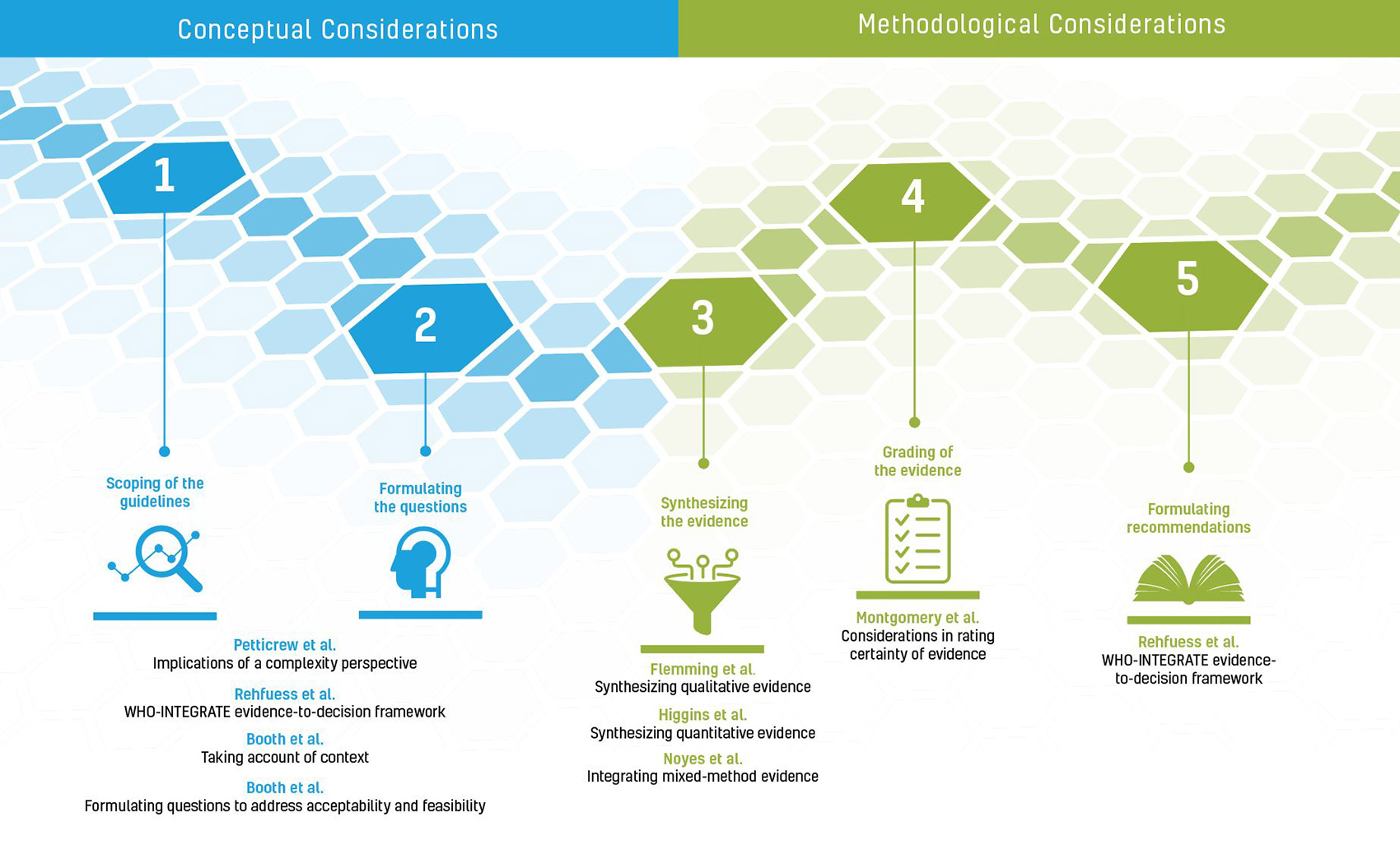Using qualitative research to strengthen guideline development

Although you may not be aware of it, it is highly likely that, at some point in your life, you have benefited from a guideline developed by the World Health Organization (WHO).
Although you may not be aware of it, it is highly likely that, at some point in your life, you have benefited from a guideline developed by the World Health Organization (WHO). That’s because when countries, external partners or other stakeholders need guidance on clinical or public health problems or policies, they turn to WHO for guidance.
An
observation sometimes made about these guidelines, however, is that guideline
users and those affected by their recommendations are not consulted during the
guideline development phase. Without transparency as to how decisions on
recommendations are made and what evidence and knowledge informs the
recommendations, the validity and transferability of the guidelines to a range
of contexts, cultures, and individuals may be limited.
In
a drive to include perspectives from end users and health care providers, WHO
recently developed three manuscripts to look at how to incorporate qualitative
data into guideline development methods. Qualitative research explores people’s
needs, values, perceptions and their experiences of the world around them. This
includes their health or illness, healthcare services, and more broadly, social
systems and their policies and processes. Qualitative data have been included
in some recent WHO guidelines by using qualitative evidence syntheses (QES),
some of which have been published in the Cochrane Library.
Examples of Qualitative evidence syntheses
·
Provision and uptake of
routine antenatal services: a qualitative evidence synthesis
·
Perceptions and
experiences of labour companionship: a qualitative evidence synthesis
About the mini series
Qualitative
evidence is crucial to improve the understanding on how, and whether, people
perceive health interventions to be effective and acceptable. It is also
essential to understand the factors influencing the implementation of health
policies and interventions. The role of qualitative evidence is to:
·
WHO’s guidelines development process
·
WHO evidence-based guidelines
·
inform guideline scope and
develop qualitative finding statements;
·
inform evidence-to-decision
frameworks and recommendations; and
·
develop implementation
considerations and inform implementation processes, respectively.
The
papers contain empirical examples and lessons learnt. Knowledge gaps for
further research and practice were also included.





